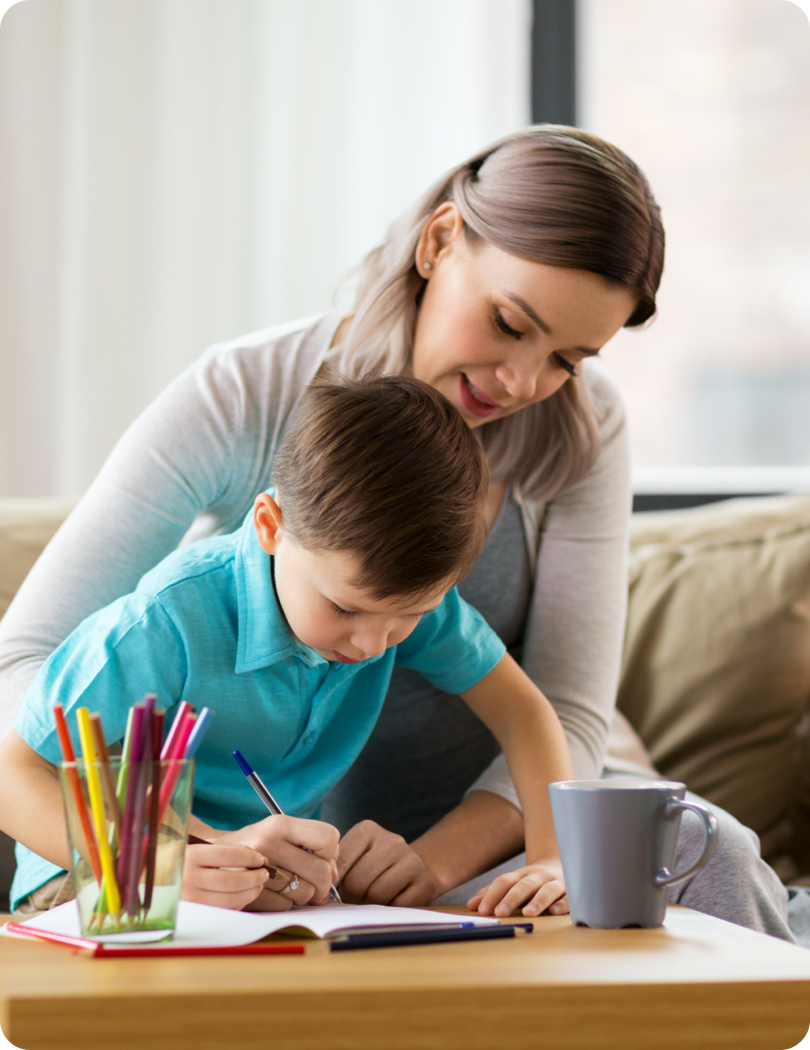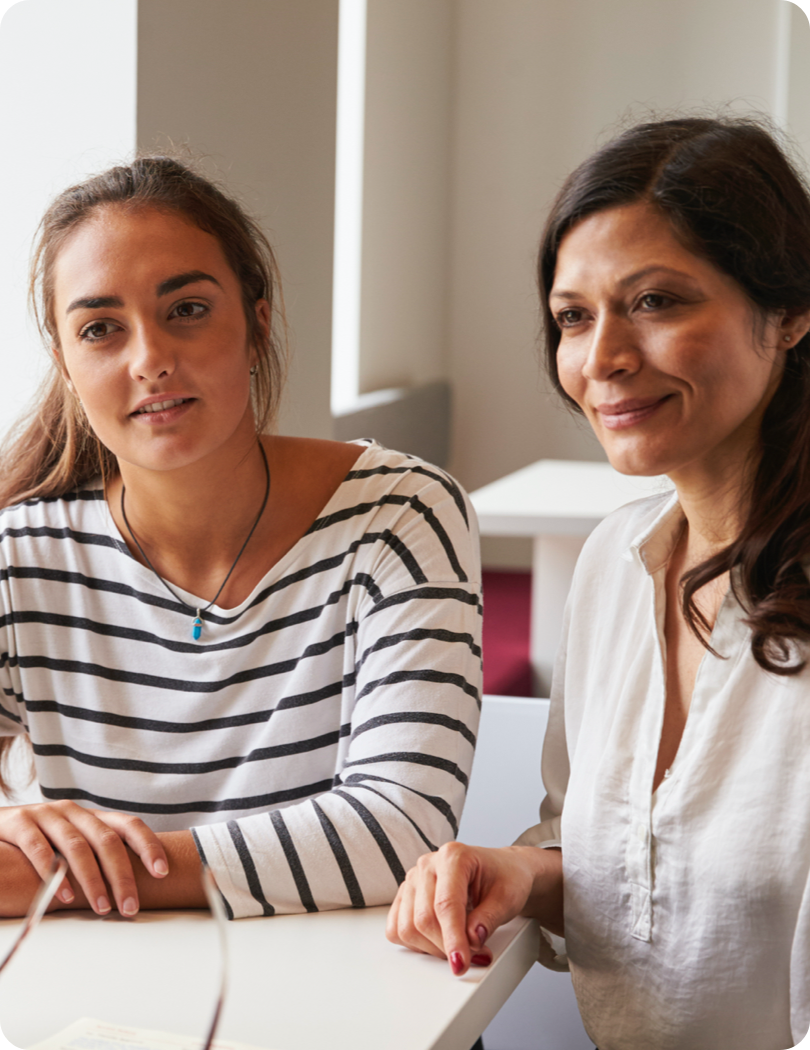It Starts With Recognition
Identifying Learning Disabilities
Learning disabilities are common!
1 in 10 Canadians has a learning disability, and each of those individuals is uniquely affected by their learning disability. The impact can range from mild to severe, with some people having more than one learning disability. Around one third of people with a learning disability also have attention deficit hyperactivity disorder (ADHD), which makes it difficult for them to stay focused on specific tasks.
If you think you’re seeing signs of a learning disability in your child, it’s important to collect observations from families, teachers, doctors and others who are regularly in contact with them. Children can struggle for a number of reasons, so there needs to be a pattern of difficulty before you seek help from the school administration or consult a learning specialist for an evaluation.







